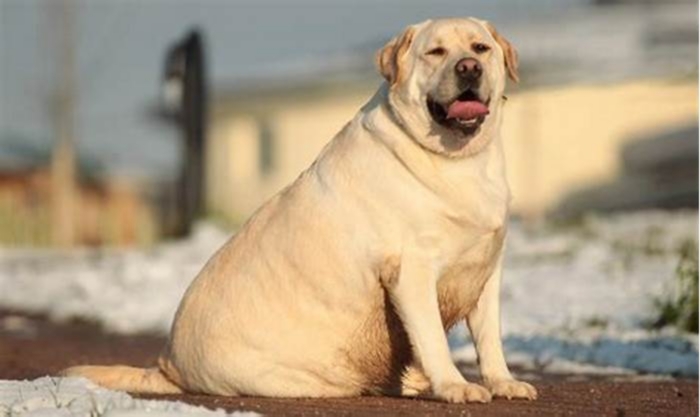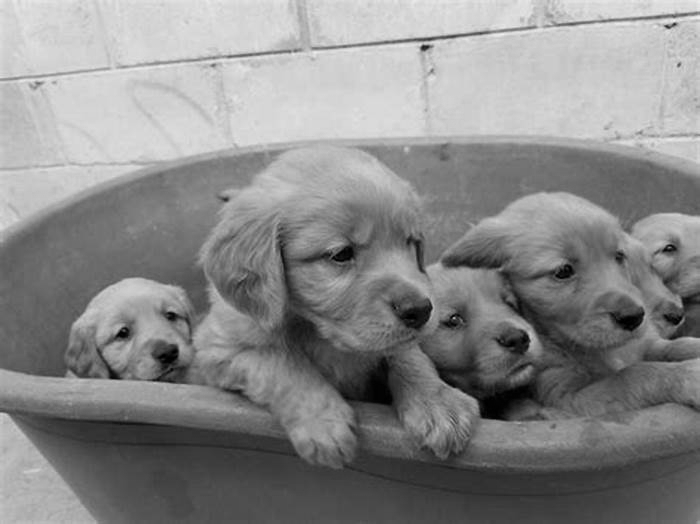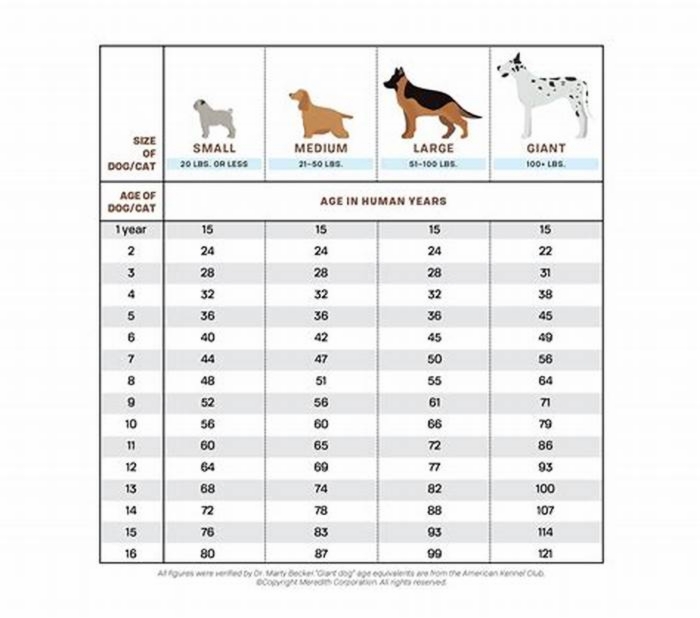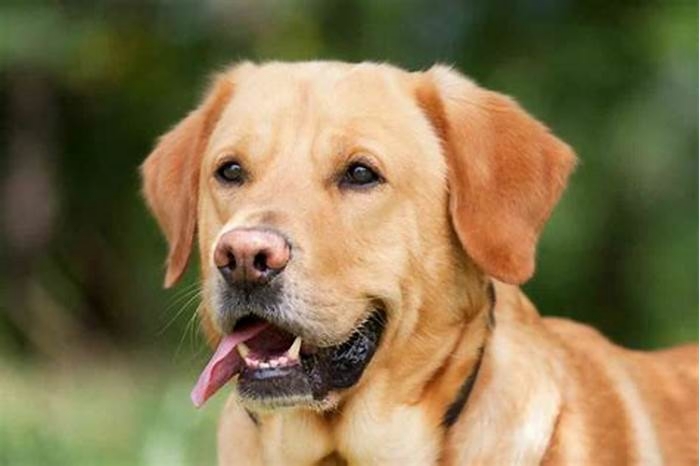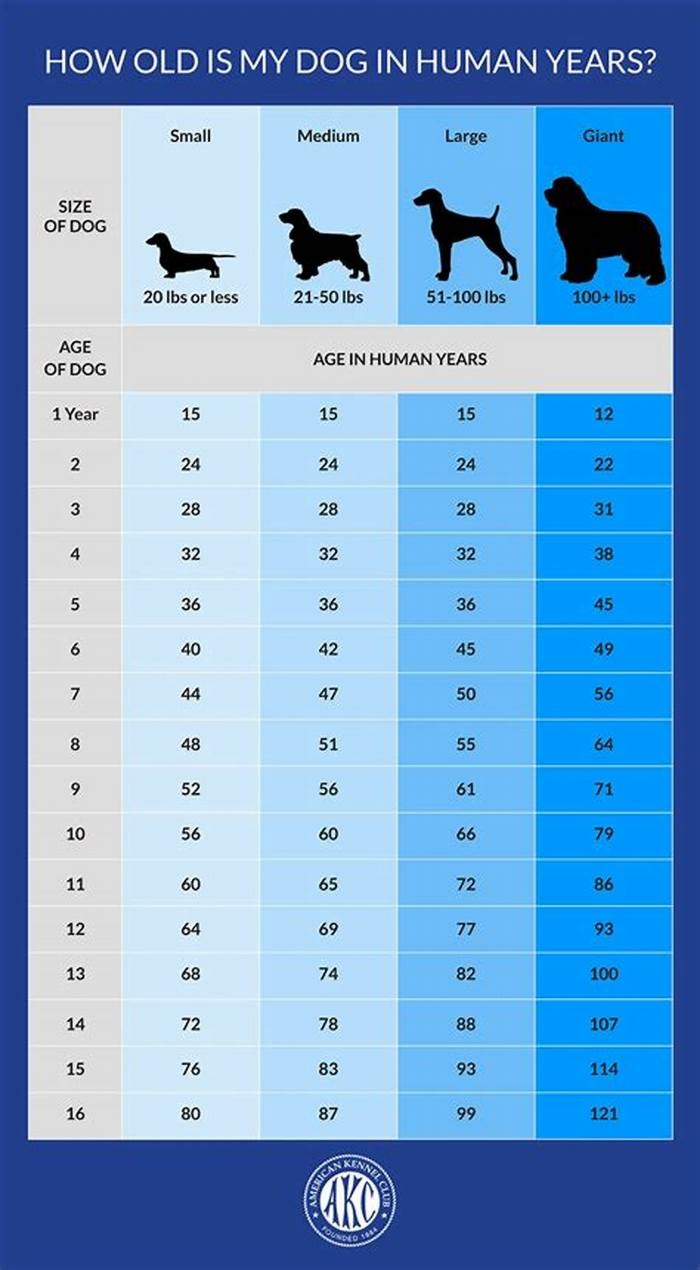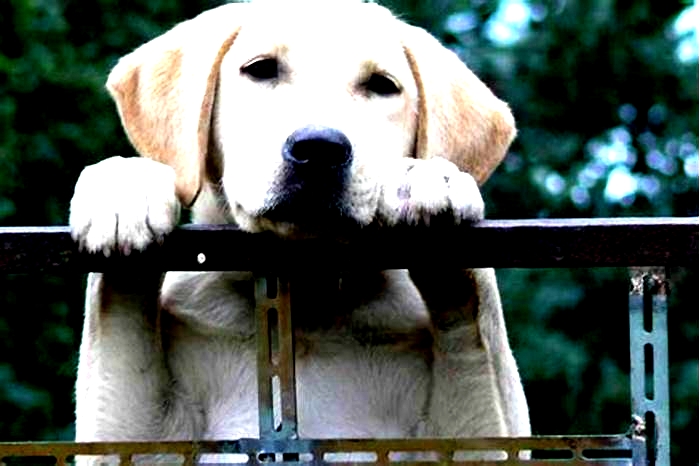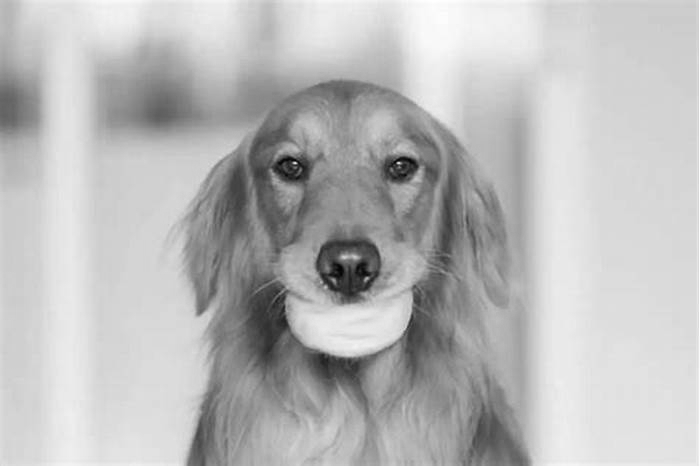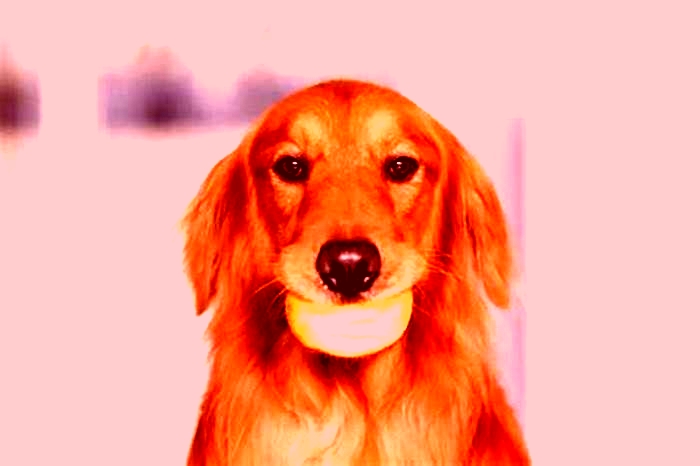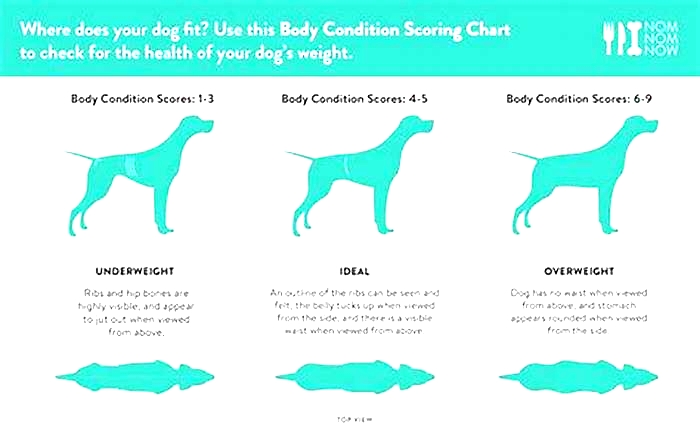Is my golden puppy overweight
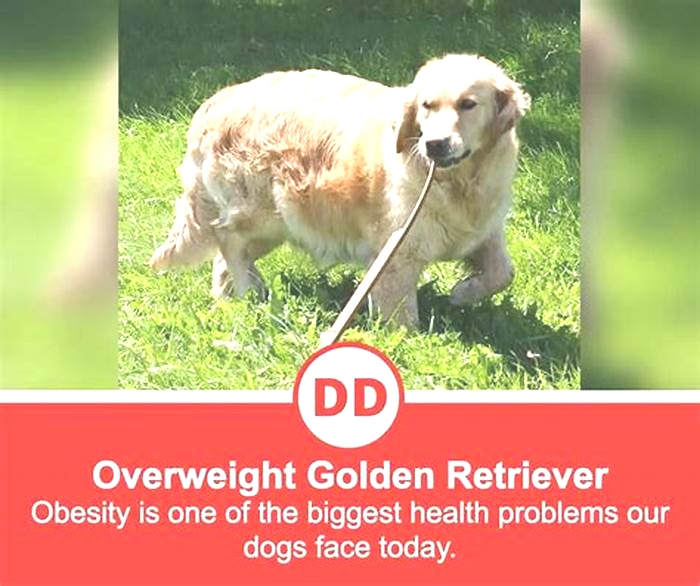
How Do I Know if My Goldendoodle is Overweight? (Consider this)
Goldendoodles are among some of the most well-loved and adorable dogs out there. They come in a range of beautiful golden shades and have an ideal temperament to be wonderful pets for many people. While Goldendoodles are great dogs, they are subject to becoming overweight when their diet and lifestyle are not managed, but how can you tell if your Goldendoodle is overweight?
A Goldendoodle is overweight if they have sagging around their abdomen, fat spots around their hips and legs, and if they exhibit tired or breathless behaviors. Another key indicator of an overweight Goldendoodle is whether their ribs and spine can be felt with little to no pressure applied.
If your Goldendoodle has one or more of these indicators, they might be overweight and their diet and lifestyle should change. Keep reading to learn more ways to tell if your dog is overweight, as well as ways to help them lose excess weight.
Indicators of an Overweight Goldendoodle
We have talked about some of the major indicators that can help you figure out if your Goldendoodle is overweight, but those are not the only indicators. There are many indicators that you should be aware of so you can properly monitor your dogs weight.
Excess Fat
The first major indicator of an overweight Goldendoodle is spots of fat in specific areas of the dogs body. Patches or areas of fat can gather on the hips, base of the tail, inner legs, neck, and abdomen.
You can identify these pockets of fat during petting sessions and when your dog is standing or walking. With the excess fat on their legs or abdomen, an overweight Goldendoodle might begin to waddle and pant while walking.
Body Shape
You can get a good idea of your Goldendoodles weight by looking at their body shape as well. From above, if you are able to see a relatively defined waist close to their rear, then they are a healthy weight. If your dog is more of a round, oval shape, then they are overweight.
From the side, their stomach should tuck upwards towards their hips and it should not be aligned with their chest. If their stomach is aligned with their waist, they are overweight.
Bones
While bones are not an issue when a Goldendoodle gains weight, they can really help you gauge how much fat your dog has put on. Goldendoodles typically have a lot of fur, and it can be difficult to see their ribs and spine like other dogs.
Because of this, you should gently feel along their sides and back and see if you can feel their ribs and spine. If you can feel them with a small amount of pressure, they are healthy. If you have to apply pressure to be able to feel those bones, then your dog is likely overweight. (Source)
Behavior
There are many physical indicators that a Goldendoodle is overweight, but there are also behavioral indicators that you should watch out for. It is mentioned above how a dog that waddles is overweight, but if they also tend to be out of breath, uninterested in getting up from the couch or floor, and lag behind on walks when they are overweight.
A healthy dog will be excited to get up and get going, and they will not pant excessively or scarf down their food and then resign themselves to the floor.
Diseases Commonly Found in Overweight Goldendoodles
While a chubby or fat dog is often endearing and cute, there are a number of negative health effects that an overweight dog is subject to that will shorten its lifespan and reduce its quality of life. Some of the diseases or illnesses commonly found in overweight Goldendoodles include:
- Diabetes
- Skin diseases
- Cancer
- Arthritis
- Various respiratory diseases
- Stiff joints
- Heart problems
- Difficulty moving
While all of these diseases and problems seem quite difficult for a dog to deal with, and even more difficult for an owner to take care of, they are real problems that an overweight Goldendoodle can suffer from.
No matter how cute a fat dog might be, you should always try to keep your pet at a healthy weight so they can enjoy a long, healthy life.
How to Help Your Goldendoodle Lose Weight
Now that we know all about how to tell if your Goldendoodle is overweight or not, we can begin to solve the problem of an overweight dog. There are many changes that you can make in your dogs life to get their weight under control, and we will go over the most notable ones.
Measure and Schedule Food
The very first major change that you should make in your dogs lifestyle is giving them scheduled and consistent food proportions. So many dog owners allow their pets to eat whenever they feel like they are hungry, or they do not measure the amount of food that their dog is getting.
By feeding your dog the proper amount of food on a strict schedule, they will begin to lose fat quite quickly. (Source)
If you are trying to make your dog lose weight, slowly reduce the amount of food that they get as advised by a veterinarian.
Minimize Treats and Human Food
A huge contributor to an overweight Goldendoodle is the extra calories they consume from treats and table scraps.
While it is fun to see your dog excited at the prospect of some leftover chicken or a tasty treat, you should not be giving them treats excessively. A fat dog does not need the extra calories, and the fattiness of human food can be detrimental to their weight.
Deliberate Exercise
Finally, you need to get your dog on an exercise schedule. One great way to do this is to encourage your dog to go on 10-15 minute walks.
Over time, gradually increase the amount of time and speed of walking until they are comfortable walking at a brisk pace for an hour or two. Another great exercise for an obese dog is swimming.
Goldendoodles usually love to swim and this exercise will help them burn off fat without putting stress on their joints.
Is My Golden Retriever Overweight or Underweight?
Healthy Weight Management Tips For Your Golden
TheGolden Retriever is one of the most popular dog breeds in the U.S.Unfortunately, this awesome dog breed is prone to becoming obese. To make surethat your Golden stays healthy, fit and lives a long life, here are some tipson what you can do to prevent your Golden Retriever from becomingoverweight.
Ifyou were to ask your Golden if he wanted a treat, he would answer yes everysingle time! Without a doubt, the friendly Golden Retriever always enjoys hisfood. Today, obesity is one of the biggest problems most dog breeds face. Butlets start with the basics! Pet obesity is our fault as well. As pet parentswe often give in and spoil our dogs with plenty of treats and dinner tidbits.
GoldenRetrievers have it down to pat when it comes to begging! Yet all those tidbitsmay just be contributing to your Golden Retrievers weight gain! Andunfortunately for this dog breed in particular, theres a spectrum of healthissues that are directly caused or made worse by excessive weight gain orobesity. So what should you do if you feel that your Golden is a tad on theheavy side?
Havinga healthy and happy Golden that is lean and fit is most important, and willprolong his life. If your Golden Retriever is overweight, you will needto consult with your veterinarian as to the best diet to reduce calorie intake,and to also have a complete health check to rule out Cushings Disease, Type 2diabetes, and any other health problems. You can also peek at the GoldenRetriever Lifetime Study to become familiar with the Golden Retrievers riskfactors for hereditary disease, and how obesity can play into that. The studyalso discusses the direct correlation between the age that a Golden Retrieveris spayed or neutered, and obesity. Another study by the Morris Foundation,demonstrated that 20% of Golden Retrievers that were not neutered or spayedwere obese.
SafeWeight-Loss Program
Aneffective and safe weight-loss program will help your Golden lose weightgradually. Although a major concern with Goldens is their weight, by makingsimple changes at home, youll ensure that your dogs senior years are the bestthey can be. That said, geriatric Goldens will need a change in diet to avoiddeficiencies. All Golden Retrievers need a heathy diet, supplements, regularexercise and routine veterinary care to maintain a healthy weight, and to bestrong, healthy dogs. There are also certain medical conditions that may allowfor your Golden Retriever to become overweight like Cushings Disease.
CushingsDisease
If your Golden Retriever has been diagnosed with Cushings Disease, chances are that dietary issues may be playing a big role. No one knows why, but there has been a large increase in Cushings Disease in dogs over the past couple of years. This condition is caused by an overactive adrenal gland that produces too much adrenal hormone. Sometimes it may be caused by a tumor in the adrenal gland, most times a benign tumor. Inflammation from over-vaccination, pesticides, and the overall exposure of our dogs to toxic chemicals that seem to be everywhere, contributes to Cushings.
Whya Healthy Diet Is Important for Your Golden Retriever?
Yourveterinarian may change your Golden Retrievers diet, and eliminate all grainsand many of the carbohydrates in his diet. Golden Retrievers with Cushingsshould be on a raw, high-protein diet or a grain-free, potato free diet thathas a high protein content made from a high-quality salmon, chicken or beef.Canned dog foods also work, but they need to contain high-quality ingredients.Your veterinarian will also prescribe medication to control Cushings. Thatsaid, Cushings disease seems to be linked to Type 2 diabetes, both of whichare induced by high quantities of carbohydrate in your dogs diet.

CheckYour Dog Food
WithCushings and Type 2 diabetes, your Golden Retriever may develop metabolicsyndrome. This occurs when the body has a problem with the amounts ofcarbohydrates and high glycemic index ingredients that are found in numerousdog food formulas. That said, its always best to consult with your veterinarianfor advice as to what to feed your Golden Retriever. Diets that are high incarbohydrates and that have high glycemic index ingredients result ininflammation throughout the body, and this triggers problems with the endocrinesystem which in turn may result in insulin resistance, inflammatory diseases inyour Golden, as well as the development of pituitary tumors.
Howto Tell If Your Golden Is Overweight?
Sowhat does it mean if your veterinarian tells you that your Golden Retrieveris overweight? During the veterinarian check with your Golden Retriever,your veterinarian will weigh your dog, and may suggest that he or she losessome weight. This is often recommended before you participate in new canineactivities with your Golden, most especially with an older Golden Retriever,and will help avoid putting stress on your dogs heart, joints, bones, andlungs. With very obese Golden Retrievers, a veterinarian-approved canine dietwith a special exercise regime will often be recommended for safe and effectiveweight -loss.
Golden Retrievers have varying colors and sizes. This breed should not be 100- pounds, just as they should not have pure white coats. Keep in mind though that the Golden Retriever that is bred for showing has heavier bone and a thicker coat. The first thing that you should notice when looking at your Golden, is your dogs waist. That said, when you run your hands along both sides you should be able to feel your dogs ribs. Every effort has to be made to avoid obesity with this fabulous dog breed. Apart from obesity being a health hazard, your Golden Retriever will feel lethargic and lazy if overweight, and have trouble breathing after exercising.

GoldenRetriever Pups Growth Plan
Whenpurchasing a Golden Retriever puppy, your breeder will advise you as to thepotential adult height of your Golden, and also the ideal weight. From here onits best to follow the Hovan Slow-Grow Plan which shows specific weight andexercise benchmarks for your Golden Retriever. This plan helps all GoldenRetriever Pet parents control growth until pups reach adulthood. Dog foodformulas are all different and special care needs to be given when choosing adog food formula. Nonetheless, for active Goldens, here are some feedingguidelines.
Guidelines for active Golden Retrievers
| WEIGHT OFGOLDEN RETRIEVER | CALORIES |
| 55 pounds | 1550-1800 |
| 65 pounds | 1650-1950 |
| 75 pounds | 1950-2250 |
Ifyour Golden Retriever is a working dog, he or she will need to have morecalories when hard at work or in training. That said, its best to consult withyour veterinarian for sound dietary advice. Active working Golden Retrieversshould not eat a heavy meal prior to going out in the field or participating inintense exercise like hunting. Your Golden Retriever can have more calorieswhen back home after exercising. Here are the feeding guidelines for workingGolden Retrievers.
Guidelines for working Golden Retrievers
| Weight of Golden Retriever | Calories |
| 55 pounds | 1750-2200 |
| 65 pounds | 1850-2350 |
| 75 pounds | 2050-2450 |
How DoesThis Affect My Goldens Health?
Its important to know what yourdogs ideal weight should be before changing dog food formulas. With both yourdogs current weight and ideal weight in hand, you will need to change to a newdog food gradually to avoid digestive issues. This should be done over a periodof 3 to 4 weeks. If your GoldenRetriever has picked up weight suddenly or lost weight very quickly, and itsnot due to a change in diet, it should be cause for concern. A visit to yourveterinarian is recommended to make sure that there are no underlying medicalissues.
Tips on How to Keep Your GoldenRetriever in Shape
- Dont feed unhealthy treats
- Limit the amount of treats that you give your Golden Retriever (only 10% of your dogs daily calories should come from dog treats.)
- Increase the amount of daily dog walks
- Participate in new canine sports like surfing or doga with your Golden Retriever
- Check your dogs weight every week by seeing if his ribs are prominent (too thin) or hard to feel.
- Be ahead of portion control by working together with your veterinarian
- Read the ingredients list and start with the minimum amount listed on the package for your Goldens weight
- Divide meals up in to several feedings
- If your Golden Retriever loses too much weight, increase the amount of kibble slightly until your dog reaches his ideal weight.
- Healthy and fit Golden Retrievers have lots of energy, palpable ribs, but not prominent ribs, and a visible waistline.
- Combining a high-quality dog food formula with regular exercise works well. Obesity can be deadly, and is never healthy or cute.
Once again, its important to knowyour dogs ideal weight, so that you are able to make gradual dietary changes.Obesity can be prevented by increasing exercise and curbing calorie intake. Aswith obese or overweight humans, Golden Retrievers will more likely be prone tomultiple health issues like hip dysplasia, diabetes, heart problems and jointissues if overweight.
Prevention is critical when caring for aGolden. This breed is prone to numerous health issues. Unfortunately,vaccinations and parasite prevention are not the only expenses to think about.Youll also need to take into consideration breed specific health issues thatare common to the Golden.
PossibleHealth Concerns for Overweight Golden Retrievers
TheGolden is an active dog breed that may be susceptible to the followinghealth conditions:
- Elbowand Hip Dysplasia:These are common developmental disorders of the hip and elbow joints. TheGolden Retriever has an increased risk of both hip and elbow dysplasia. It isan inherited disorder. That said, although hip dysplasia is an inheritedcondition, rapid growth, excessive weight gain and vigorous exercise contributeto this painful condition.
- Hypothyroidism:Thisoccurs when there are decreased levels of thyroid hormones. Symptoms includehair loss, a dull coat, flaky skin with weight gain and muscle loss. Consultwith your veterinarian for advice if your dog shows any of these symptoms.
- Cancer: Golden Retrieversmaybe predisposed to osteosarcoma,lymphosarcoma, mastocytoma, melanoma, histiosarcoma, and hemangiosarcoma. Consultwith your veterinarian regarding any changes in your dog. Adult GoldenRetrievers should have a complete veterinary check-up at least twice a year.
- HeartDisease: Golden Retrievers are prone tosubvalvular aortic stenosis (SAS), an inherited heart condition. SAS is whenthere is a partial obstruction of the heart that is due to a narrow openingbetween the left ventricle and aorta. With SAS, the dogs heart has to workharder so that the right amount of blood is pumped to the body. This conditionmay worsen with obesity and age. Your veterinarian will detect SAS during aroutine veterinary check-up.
- HeatIntolerance: GoldenRetrievers need to be kept indoors during the hot summer months, and exercisedduring the early mornings and late afternoons when its cooler. Dizziness andlethargy are symptoms of heat intolerance. If your Golden Retriever shakes,trembles and is very tired after being outdoors, consult with yourveterinarian.
Getting My Golden Retriever to His / Her Ideal Weight
Soyou may be wondering as to how to get your wonderful Golden to his idealweight? Increasing exercise and playing Frisbee with your Golden a few times aweek helps shed those extra pounds. Nonetheless, genetics and ancestry play abig part in your dogs ideal weight. Some Goldens will have heavier bone thanothers. The ideal weight for a male adult Golden is between 65-75 pounds.Females should weigh anywhere from 55 pounds to 65 pounds.
As usual, adding fresh whole foods to your Golden Retrievers diet works wonders. Blueberries, kale, fresh salmon, beef, carrots and broccoli can profoundly impact your Golden Retrievers weight and health. With so many ways to help your Golden Retriever live a long and healthy life, making sure that youre feeding the correct foods that are also disease fighting and easily integrate into his diet, will help. That said, as a Golden Retriever pet parent youre always in control of what your Golden Retriever eats! Get to the root of your Golden Retrievers obesity today by first consulting with your veterinarian for the best advice!

